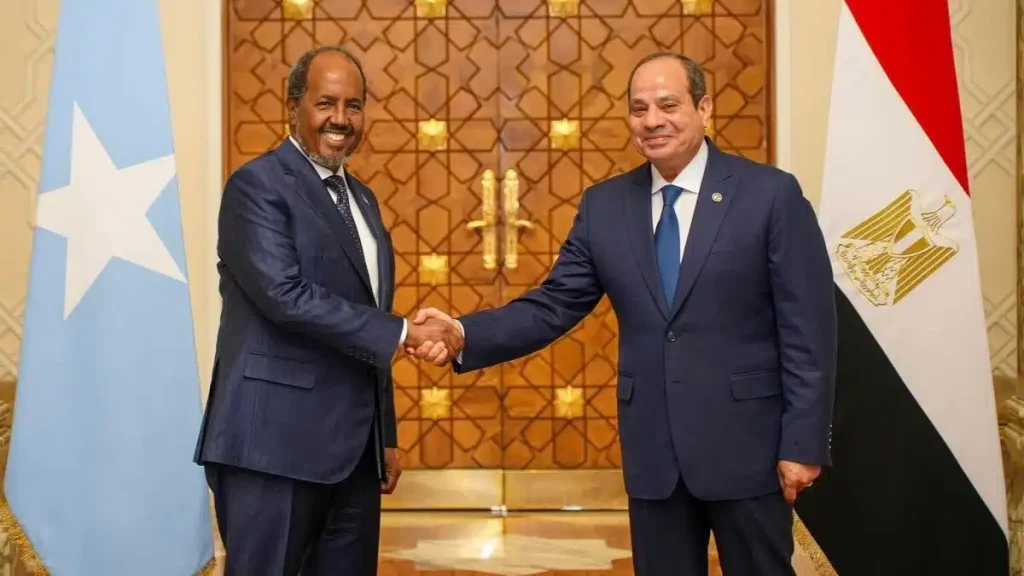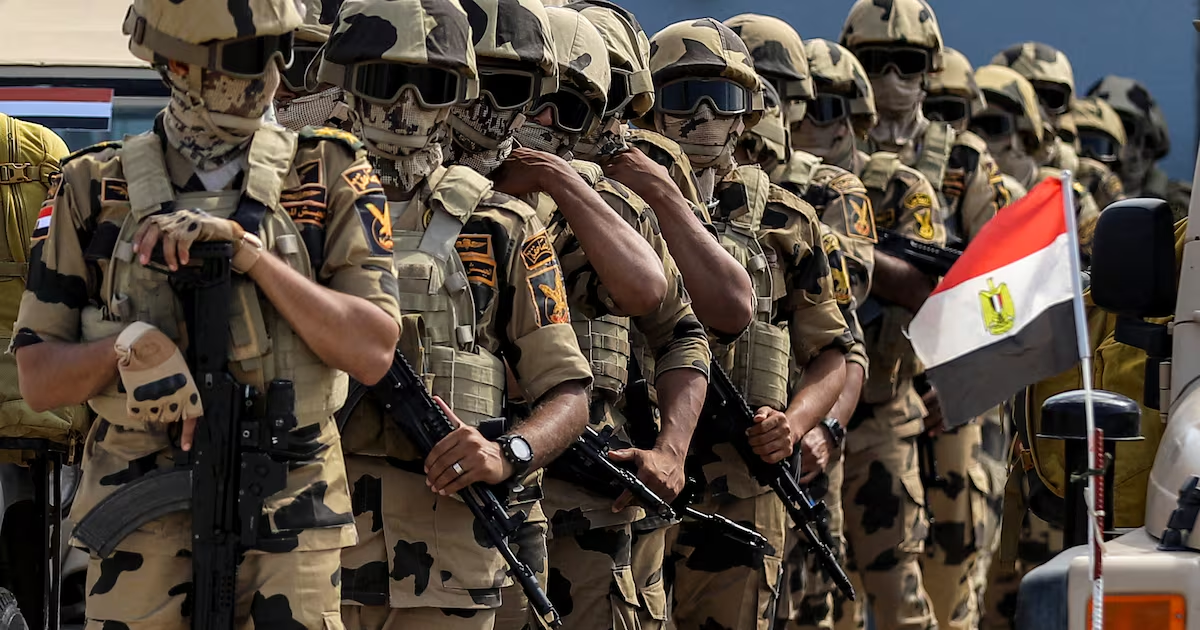Tensions in the Horn of Africa have escalated following Somalia’s announcement of Egyptian military support, prompting stern warnings from Ethiopia and raising concerns about regional stability. The development has brought to the fore long-standing rivalries and disputes, particularly over water resources and regional influence.

On Wednesday, Ethiopian Foreign Ministry spokesman Nebiat Getachew expressed grave concerns over the arrival of Egyptian military equipment and delegations in Somalia. This move comes in the wake of a joint defense agreement signed between Egypt and Somalia during a summit between Egyptian President Abdel Fattah al-Sisi and Somali President Hassan Sheikh Mohamud in Cairo on August 14.
Getachew warned that Ethiopia “cannot remain passive while other actors take actions that might destabilize the region,” hinting at possible countermeasures. The Ethiopian government is particularly worried about the transition of the African Union Mission in Somalia (AMISOM) to a new peace support mission, fearing it could “pose risks to the region” if Ethiopia’s concerns are not addressed.
The escalation is deeply rooted in the ongoing dispute between Ethiopia and Egypt over the Grand Ethiopian Renaissance Dam (GERD) on the Blue Nile, a project that Egypt fears could reduce its share of Nile waters. This latest development appears to be viewed by Ethiopia as an attempt by Egypt to gain strategic influence in the region, potentially threatening Ethiopia’s interests.

Somalia’s Ambassador to Egypt, Ali Abdi Aware, confirmed that Egyptian military equipment and delegations have started arriving in Mogadishu. He described this as an “important and first practical move” to implement the results of the recent Cairo summit. Egypt is preparing to join the African Union Support Mission in Somalia (AUSSOM), which is set to replace the current African Union mission by January 2025.
Ethiopian state media have reported troop movements along the Somali border, further heightening fears of potential military confrontation. However, experts interviewed by Asharq Al-Awsat newspaper suggest that while the situation could “increase tensions,” any fallout is likely to remain in the diplomatic realm rather than escalate to military conflict.
The Ethiopian Foreign Ministry criticized Somalia’s decision, arguing that “instead of continuing peace talks in Türkiye, which have made progress, the Somali government is working with outside parties to destabilize the region and increase tensions.” This statement alludes to ongoing efforts to resolve regional disputes through diplomatic channels, which Ethiopia feels are being undermined by the Egypt-Somalia cooperation.



